impacting business growth, not the planet!
providing actionable strategies to make the difference!
- by providing actionable strategies that bridge knowledge with technological advancement, we empower businesses to thrive through sustainable transformation. Many organisations increasingly value B Corp Certification for its alignment with sustainable business practices
- our approach transforms what could be a complex undertaking into a structured advancement toward an ESG Report and/or B Corp Certification. We start with our unique stakeholder assessment that, when combined with the strategic objectives of the Senior Leadership team, enables us to deliver tailored training to address knowledge gaps and construct a comprehensive plan that guides your evolution towards building a sustainable business. This process unfolds with minimal disruption to your day-to-day operations, as we orchestrate each phase to integrate seamlessly with your existing business methodologies.
- we align your business operations with the UN Sustainable Development Goals. Using our 'CEn-Calc' software, we calculate your organisation's carbon footprint, build out further reduction plans, and establish the pathway to achieve net zero.
- we work with all aspects of the business to build out the materiality report and combine this with the Carbon Tracking along with the Social and Governance to compile a comprehensive ESG Report and an action plan to ensure continual improvement.
we were really keen to understand our employees' knowledge of where they believed the organisation stood with reference to our aspirations to achieve B Corp Certification. Green Pulse made it really easy to achieve this, whilst also providing the board with a high-level summary of actions, which means we have direction for continuous improvement!
Alan Stewart
COO - Insightful Technology
driving positive impact and minimising harm
Your voice matters: Our unique ‘Green Pulse’ assessment
the 'Green Pulse' Assessment—a quick 10-15 minute experience designed to capture the vital signs of your organisation's sustainability journey. Rather than just another corporate survey, the Green Pulse Assessment is the direct voice in shaping our collective future.
- the honest perspectives will help us identify where the business is thriving and where there are opportunities to grow, transforming a company that succeeds both commercially and responsibly.
- the ripple effects of your input extend far beyond the walls, helping us create positive change in the communities where you operate and contributing to the health of our shared planet.
- every small improvement we make based on your feedback represents one more step toward preserving natural resources, supporting local economies, and creating a more equitable world for future generations.
- no expertise required—just the authentic insights from the frontlines of your operations. The information shared will translate into practical strategies that benefit your organisation, strengthen the community partnerships and reduce your environmental footprint.
- all responses remain completely confidential, yet their impact will be felt both throughout your organisation and in the wider world we all share.
- this is the moment to influence positive change and help create a thriving, responsible business that stands the test of time while protecting the planet we call home…
a long-term shift… the difference between carbon neutrality and net zero
carbon neutrality is defined by an internationally recognised standard – PAS 2060 – which sets out requirements for the quantification, reduction and offsetting of greenhouse gas emissions.
In this standard, the definition of a carbon-neutral footprint is a ‘condition in which during a specified period there has been no net increase in the global emission of greenhouse gases to the atmosphere as a result of the greenhouse gas emissions associated with the subject during the same period’.
There are a number of key differences between carbon neutrality and the SBTi draft definition of Net Zero:
- The boundary of a Net Zero target includes global scope 1, 2 and 3 emissions of the organisation. In contrast, carbon neutrality for an organisation only requires scope 1 and 2, with scope 3 emissions encouraged but not mandatory.
- The boundary of a carbon-neutral claim can refer to a specific product or service instead of encompassing the whole organisation in the case of Net Zero.
- The reduction in reported emissions required differs. Net Zero targets must align to a 1.5°C science-based target, whereas the level of ambition of a carbon management plan for carbon neutrality is not specified.
- The approach to residual emissions differs, with specific greenhouse gas removals required for Net Zero targets, whereas carbon offsets are accepted for carbon neutrality.
carbon calculations and achieving ‘Net Zero’
CEn-Calc is a comprehensive software solution for UK-based organisations to measure, manage and reduce their carbon emissions and energy consumption.
Trusted and developed by experts and industry-leading consultants, CEn-Calc provides a robust, repeatable, comparable and easily auditable carbon footprint, which will help you meet your compliancy requirements, business targets and sustainability initiatives such as ESOS, SECR, net-zero (SBTi) and PAS2060. By using CEn-Calc, you can calculate and reduce your energy consumption and spend, as well as monitor for stakeholder expectations, leading to a more sustainable and resilient business.
materiality assessment
- a robust Materiality Assessment provides further insights to develop strategies and actions to provide credible sustainability reporting and to implement best practice
- essential for effective ESG reporting, identifying the environmental, social, and governance issues most relevant to your business. This process prioritises which ESG factors have the greatest impact on your organisation's performance and are most influential in stakeholder decision-making.
- without this assessment, companies risk focusing on non-critical issues, misallocating resources, and failing to address the ESG concerns that truly matter to investors, regulators, and other key stakeholders.
strategy: implementing actions and yearly reporting
- combining the output from Green Pulse and the Materiality Assessment, we plan KPI’s and implement actions to achieve them, continual improvement, and snap ‘pulses to keep you on track with developing responsible business practices
- we will ensure that all the correct policies are written and understood across the organisation
- actions for carbon reduction
- sustainable supplier management to ensure responsible sourcing, aligning supply chain to sustainability goals




